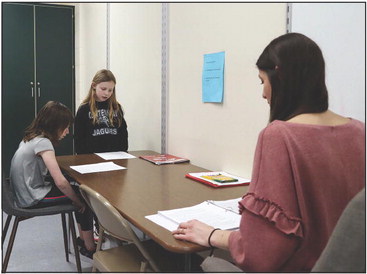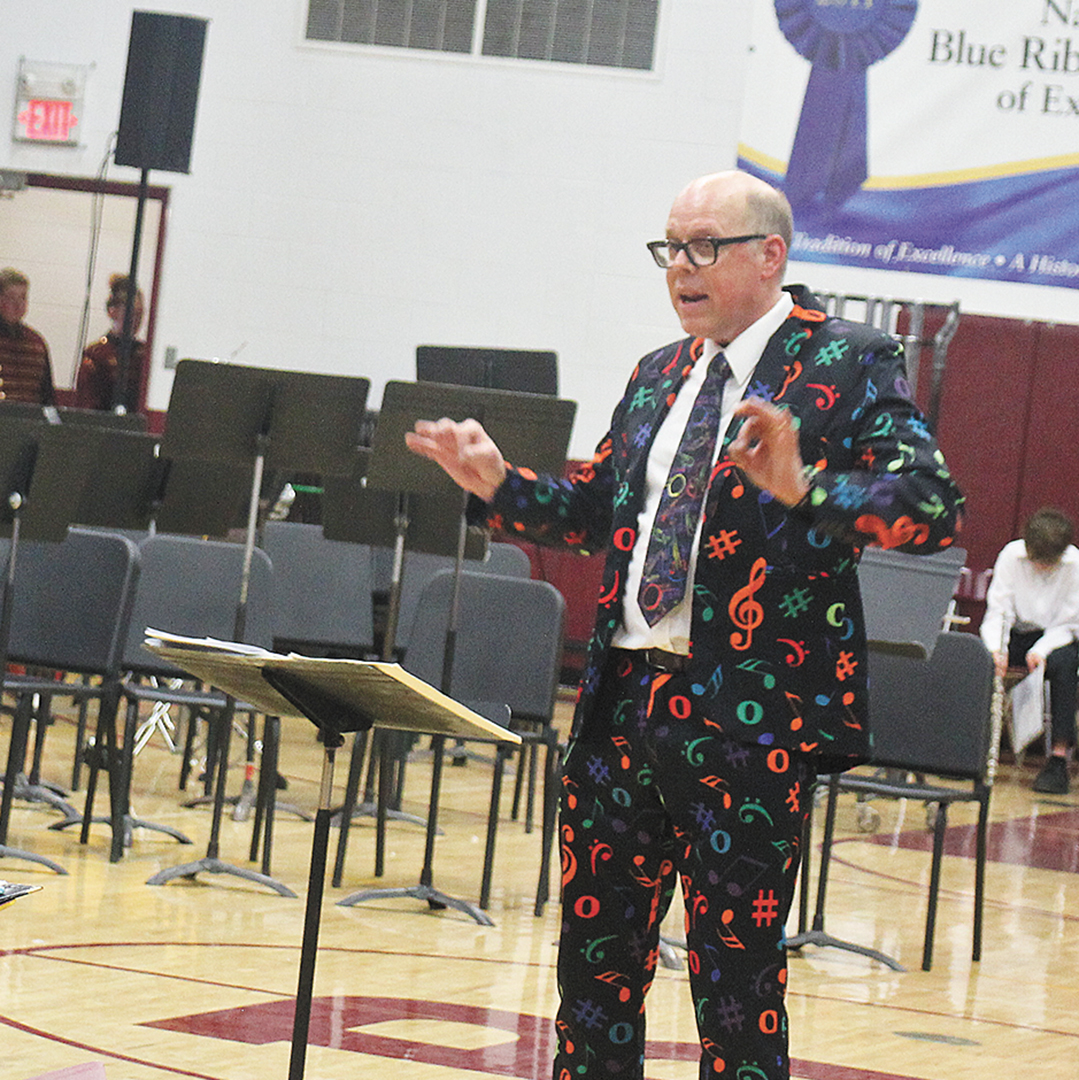Reading proficiency growing through Cornell pilot program


Under the watchful eye and listening ear of reading tutor Melissa Kobliska (far right), Cornell third graders Sadie Oaks (left) and Mattison Rouleau (center) work on their reading ...




